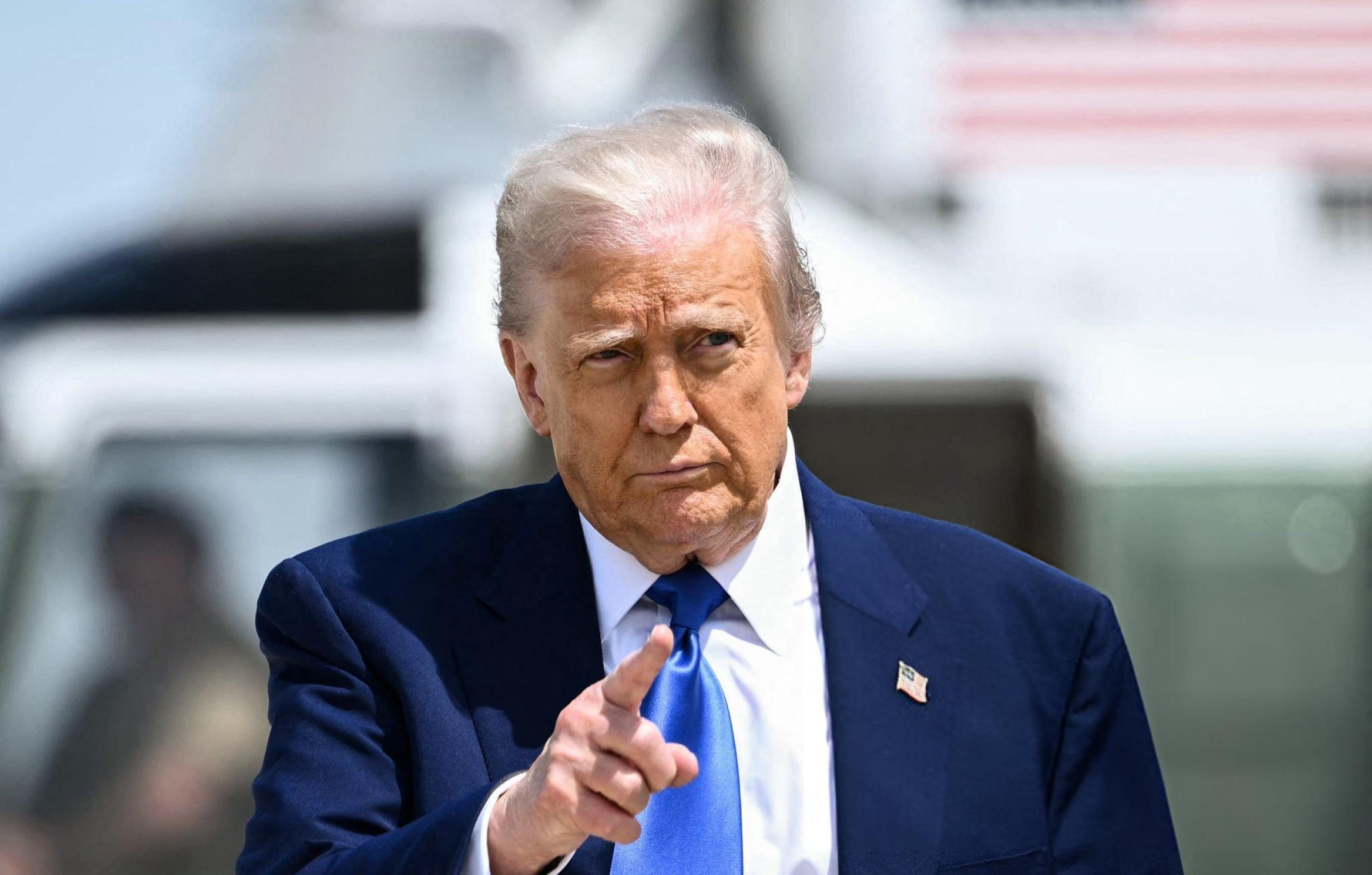The 1977 Law Trump is using to justify Tariffs — and the court battle seeking to restrain him
In a pivotal legal challenge, a group of American small businesses, including a New York-based liquor importer, appeared before the US Court of International Trade on tuesday to contest President Donald Trump’s sweeping tariffs, dubbed by the administration as “Liberation Day” duties. This case marks an early test of the legal boundaries of the President’s authority under the International Emergency Economic Powers Act of 1977 (IEEPA), a Cold War-era statute now at the heart of the legal struggle to curb Trump’s aggressive trade measures.
The plaintiffs, representing small enterprises across the United States, argue that Trump’s tariffs exceed the scope of presidential power envisioned by Congress when it passed IEEPA, a law originally designed to impose constraints on executive authority by superseding the broader wartime powers granted under the 1917 Trading With the Enemy Act (TWEA).
The IEEPA authorises the President to regulate economic transactions during times of national emergency, provided there is an “unusual and extraordinary threat” originating from abroad. Trump invoked this authority in february and again on 2 april—referred to as “Liberation Day” by the administration—citing illegal immigration and drug trafficking as the national emergency justifying the imposition of tariffs on countries including China, Mexico, and Canada.
While some of these tariffs have since been suspended following negotiations, including with Mexico and Canada, and a 90-day pause agreed with China, small businesses contend that the President’s actions represent a dangerous overreach of executive power.
Jeffrey Schwab, representing the businesses, characterised the tariffs as an “unprecedented and unlawful expansion of presidential authority,” warning that it effectively hands the President monarch-like powers to impose tariffs at will by simply declaring a national emergency. Schwab argued that such actions bypass meaningful judicial oversight and fly in the face of Congressional intent.
In response, Eric Hamilton of the Department of Justice countered that the courts lack the jurisdiction to question the President’s determination of what constitutes a national emergency, describing it as a political question rather than a legal one. Hamilton also maintained that persistent trade deficits themselves pose a threat to the economy, reinforcing the administration’s rationale.
Hamilton cited historical precedent, referencing former President Richard Nixon’s imposition of tariffs in the 1970s under a predecessor to IEEPA. Though initially struck down by the US Customs Court—later reformed as the Court of International Trade—those tariffs were eventually upheld on appeal, with the courts choosing to defer to executive authority in matters deemed national emergencies.
Jonathan Entin, a constitutional law expert at Case Western Reserve University, noted the complexities at play, questioning whether Trump’s invocation of emergency powers had gone “so far over the line” that the court might intervene. However, he admitted uncertainty regarding how the court might rule, highlighting the delicate balance courts often seek to maintain when the executive branch invokes national security justifications.
Central to the case is the application of the “major questions doctrine,” a principle established by the US Supreme Court that mandates heightened scrutiny of executive actions that have profound national economic or political consequences. Under this doctrine, courts are inclined to presume that Congress did not intend to grant the executive sweeping powers unless explicitly stated.
The Trump administration, however, argued that the major questions doctrine does not hinder its tariff regime, pointing to the Supreme Court’s application of the principle in recent cases, such as the striking down of President Joe Biden’s student debt relief plan.
Seth Chandler, a professor at the University of Houston Law Center, observed that this doctrine could be the primary legal avenue by which the courts might restrain the Trump administration’s tariff measures. Should the case proceed beyond the trade court, it may ultimately be decided by the US Supreme Court.
Entin added that while the Supreme Court has seldom ruled on IEEPA, in the 1981 case of Dames & Moore v. Regan, the justices upheld presidential powers under the act. Historically, the courts have shown reluctance to challenge presidential declarations of emergency, suggesting the small businesses face an uphill battle.






